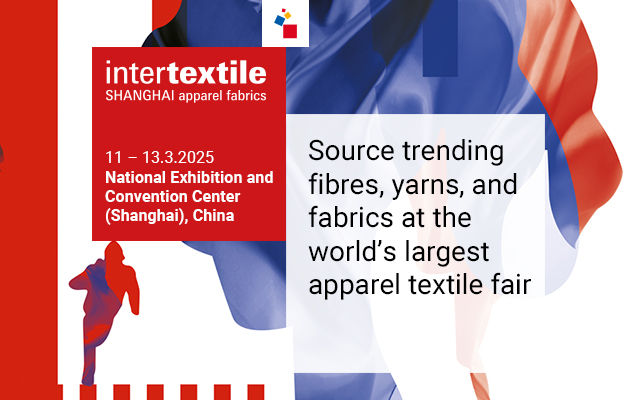The $20 billion pledge represents a significant increase from China's previous commitment made at the last FOCAC meeting three years ago. While FOCAC primarily focuses on economic cooperation, its political implications are evident. This deeper engagement between China and Africa is seen as a catalyst for promoting South-South cooperation and accelerating the shift of global power from the West to the East.
Chinese Foreign Minister Yang Jiechi highlighted the importance of closer cooperation in international affairs and outlined plans for more exchanges, including those involving media organizations, to foster a positive public opinion environment for sound and stable China-Africa relations. Additionally, China is actively working to enhance its soft power in Africa by sending medical personnel to the continent.
While China imports natural resources, it exports mostly finished products, manufactured goods and textiles, with Africa enjoying a trade surplus. By contrast, European countries Africas traditional trading partners and its former colonizers are experiencing major financial difficulties and their trade remains bogged down at 2008 levels.
Moreover, as Jacob Zuma, the South African president, made clear, China is
perceived as being quite different from the countries of the west. "We are
particularly pleased that in our relationship with China we are equals and that
agreements entered into are for mutual gain," said President Zuma.
"We certainly are convinced that China's intention is different to that of
Europe, which to date continues to intend to influence African countries for
their sole benefit."
While the West had a big head start over China on dealings with Africa, and
continues to import significantly more oil each year than China, the Chinese
are clearly in the resource-rich continent for the long haul. After all, seven
of the worlds 10 fastest-growing economies are African and, as the Atlantic
magazine said recently in a headline, "The Next Asia is Africa."
In fact, China is already thinking of ways in which Africa can help make the
Chinese currency more international, such as by encouraging the use of the Yuan
in settling trade and investment with Africa and by the development of Chinese
financial institutions across the continent. Li Dongrong, assistant governor of
the Peoples Bank of China, said at the FOCAC meeting that Africa is capable of
becoming a new international capital hub and the use of the Yuan there should
improve with increasing demand for the currency there. "We will continue
to encourage domestic financial institutions to increase their presence and
business across the continent," he said.
African countries, on their part, have shown interest in the yuan, with an
official of the Bank of Ghana saying that its board of directors had decided to
use the Yuan as part of its settlement and reserve currencies, though details
need to be worked out with the Peoples Bank of China. Of course, nothing can
be taken for granted. An economic recovery in the United States and Europe
along with a strengthening of the dollar and the euro would lessen the
attractiveness of the yuan as a reserve currency to African central bankers. As
Karl Marx noted in the 19th century, economics determines politics.
This article was originally published in the Stitch Times magazine, September, 2012.







Comments